Popular on Food52
24 Comments
m T.
August 26, 2018
Try AeroGarden's LED Grow Light Panel. It's a flat rectangular panel with tiny LEDs of mostly white, some red, some blue.
https://www.aerogarden.com/grow-lights/1-2-bulb-gardens.html . It's designed to either work as a STAND or be SUSPENDED from its wires.
https://www.aerogarden.com/grow-lights/1-2-bulb-gardens.html . It's designed to either work as a STAND or be SUSPENDED from its wires.
Yvonne G.
March 18, 2015
I tried rosemary but it dried up and eventually died..too much sun?? any tips?
Fernanda F.
March 14, 2015
I tried one too, under my cabinets there are at least 6h of fluorescent lights. I figured if they were good enough to make my potatoes sprout, they should be good enough for herbs. But they all died.
eleonora
March 11, 2015
I seem to do alright with all my herb plants...except for thyme. It invariably dries up and dies...too much water? Too little water? Too hot? Too cold?
Any tips would be greatly appreciated, as it's one of my absolute favourite herbs!
Thx!
Any tips would be greatly appreciated, as it's one of my absolute favourite herbs!
Thx!
bladove
March 10, 2015
Check out this free online crash course in how to grow your own food: https://www.gardentribe.com/boot-camp/
AdeleK
March 9, 2015
I have been growing herbs my entire life, mostly outside but also in pots during the winter months. I also give "Growing and Cooking with Herb" seminars to groups where I have lived. The biggest mistake I see with people killing herbs, is that they tend to over-water them. Each type of herb plant has different water requirements. Lavender, rosemary and thymes require a fairly dry soil not wet. I put small stones in the soil mix for drainage. Start with larger plants if you can and put them in natural clay pots with good drainage. If the plants are of the same family such as the varied thymes, you can group them in the same pots but make sure they have the same light and moisture requirements. Make sure they are dry before watering. Herbs in general do not like wet feet and they do not like a lot of fertilizing.
A grow light is almost a must if you do not have strong natural light. From reading these comments I would like to make some suggestions. Air circulation is vital, especially to that rosemary plant. Maybe a small floor fan would help. I personally, would not mist the rosemary unless the leaves get dry. You can get powdery mildew on them and that is one reason to keep a small fan on them.
Keep the herbs pinched back to promote bushy growth and to keep them from getting lanky.
A lot of this is general growing advice but all environments vary, such as amount of heat and light there is. Every home I have lived in, had trial and errors to find what work best.
Hope this helps.
Adele
A grow light is almost a must if you do not have strong natural light. From reading these comments I would like to make some suggestions. Air circulation is vital, especially to that rosemary plant. Maybe a small floor fan would help. I personally, would not mist the rosemary unless the leaves get dry. You can get powdery mildew on them and that is one reason to keep a small fan on them.
Keep the herbs pinched back to promote bushy growth and to keep them from getting lanky.
A lot of this is general growing advice but all environments vary, such as amount of heat and light there is. Every home I have lived in, had trial and errors to find what work best.
Hope this helps.
Adele
cookinalong
March 9, 2015
You may have more success with the real sun loving plants like basil and oregano if you supplement the unreliable early spring NY rays with a grow light. My basil took off last spring when I set them under a grow light from about 2 PM until 8. To give rosemary the humidity it needs, I find that slipping a clear plastic over the plant after watering creates a steam room effect and the plants did very well. However, I will second Antonia's suggestion to re-pot ASAP. Especially the rosemary, which develops an extensive root system and can become root bound pretty quickly in a small pot.
lilroseglow
March 9, 2015
I've always had trouble keeping dill from bolting too quickly, so you probably want to watch for that (snip anything that resembles a flower), and I don't know why you don't include mint - it's pretty hard to screw that one up. Basil will be pretty spindly and unless you can give it a lot of direct sunlight.
Maureen M.
March 9, 2015
Not knowing your exact microclimate - (humidity, sunlight, watering & feeding schedule) - I'll give you the best gatdening advice I ever got over 50 years ago - find out what you can grow & grow lots of it!
GourMel
March 9, 2015
I'm dying to have a windowsill herb garden like this but my apartment doesn't get direct sunlight. Is there anything I can still grow?
JanetFL
March 9, 2015
If one of your chosen herbs doesn't make it, replace it with tarragon. I've found it hard to kill and fast-growing.
AntoniaJames
March 9, 2015
JanteFL, I'd love to know your secret. Tarragon is my least hardy herb, though admittedly, it is a survivor. It will disappear during the cold rainstorms we have in winter here, but then eventually, a few tiny green leaves will appear and it will slowly come back to life. But fast growing, in this microclimate, tarragon is not. ;o)
JanetFL
March 10, 2015
Antonia, I've had my same tarragon for about 5 years. It does disappear in early winter in Colorado but reappears in April and May and is enormous by late June. My secret is that I leave it alone - I only water it if we have excessively dry conditions. It is amazing!
AntoniaJames
March 9, 2015
In order to get sufficient quantities for cooking on a fairly regular basis, you need much larger pots. (I've been herb gardening out of clay pots for year. Even using pots that are 6 - 8 times the size in volume of what is shown in your photos, I need more than one pot of thyme to meet my requirements - using 2 or 3 times a week.) ;o)
Sarah J.
March 9, 2015
Thanks, AJ! We're planning to move them over to a bigger home fairly soon. Do you have any recommendations?
AntoniaJames
March 9, 2015
Plants that size need larger pots right now. They may be okay for a few weeks, but they are not likely to grow much. They will quickly become root bound. Also, I don't know how sunny that window sill actually is, and how much direct sunlight it gets, but I do know that not all plants like the same amount and strength of sunlight. I expect you'll see differences in the success of the plants, based on that factor. I don't know how having the window there affects the plants. I do know that the area adjacent to most windows tends to be very cold at night, so that may also be a factor. Readers with more experience with indoor gardening will need to weigh in. ;o)
Sarah J.
March 9, 2015
Yes, I hope they do! And thanks for your advice! We'll work on repotting these guys ASAP.
creamtea
March 10, 2015
In NY apartments (or offices), often the heating element is located under the windowsill, which can get pretty hot and dry--while at the same time the glass window itself tends to get very cold in winter months. Late-winter to early -spring sunlight is pretty weak. It is a challenge!
karmaya
March 10, 2015
an indoor herb garden requires 6-8 hours of "sunlight" or grow lights a day. handy folks can create a unit, using trays and a flourescent fixture in which both cool and warm bulbs are installed, and lights should be no more than 6" above plant tops. pots should be unglazed clay with good drainage. dill (and parlsey) need deep pots - have tap roots. rosemary is very difficult to keep heathy (& alive) indoors. some herbs are perennials are get large (sage, tarragon). others want very shallow dry sites (thyme). serious about it? get yourself one of those shelf units that have flourescent fixtures. worth every penny!!
karmaya
March 10, 2015
here's an example of a unit that will give good results: http://mypotsandplanters.com/high-intensity-t5-fixture/
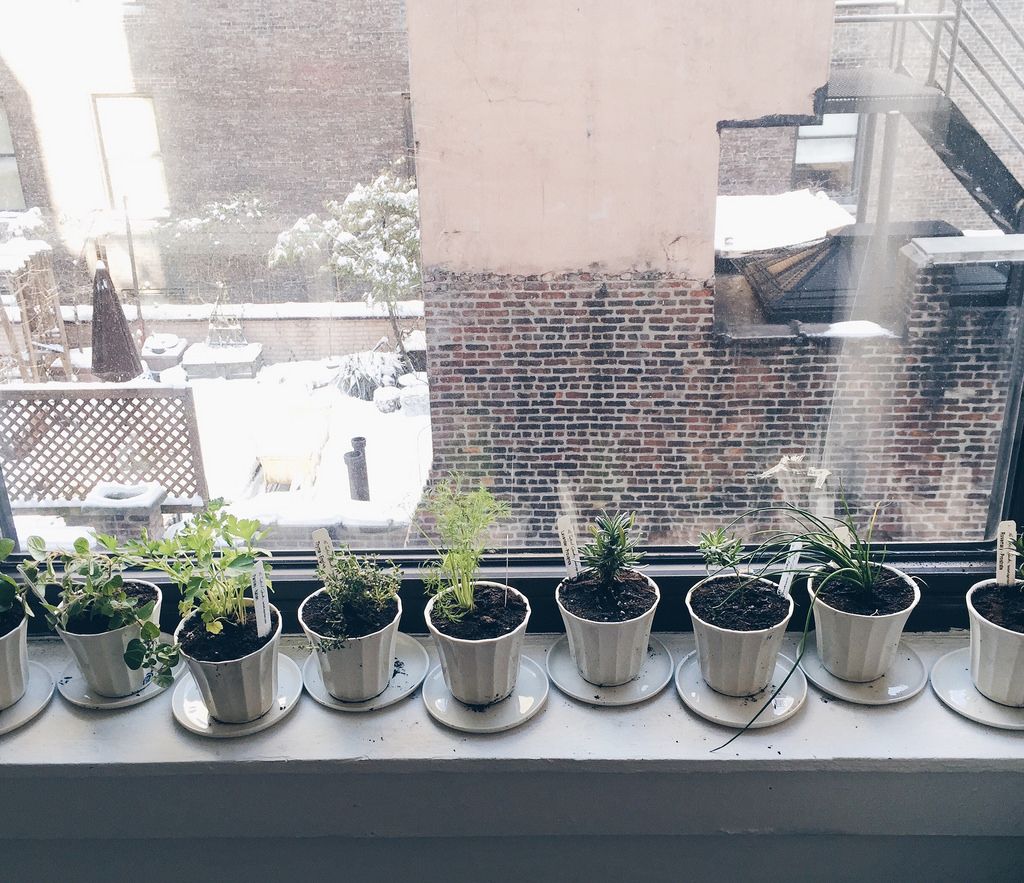
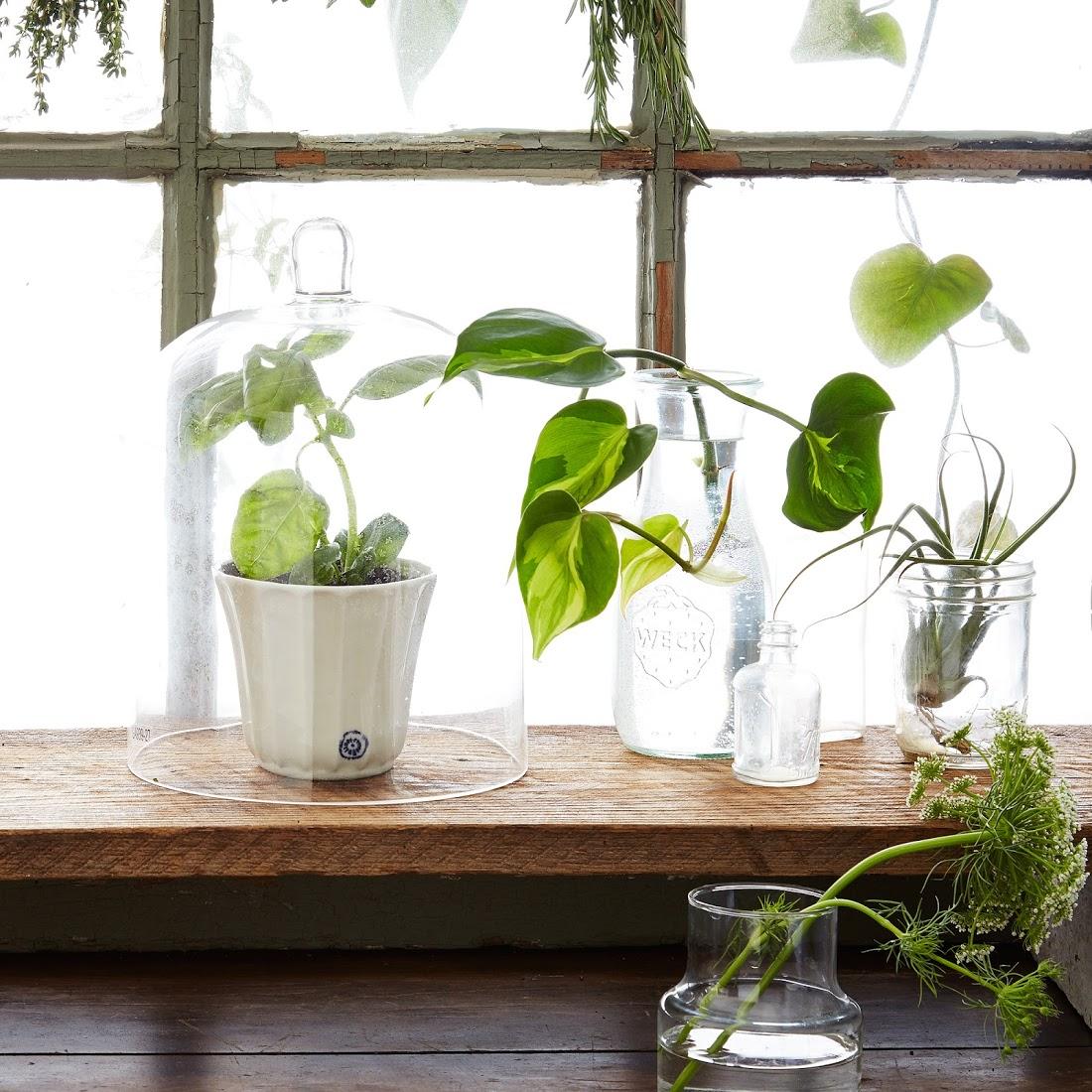
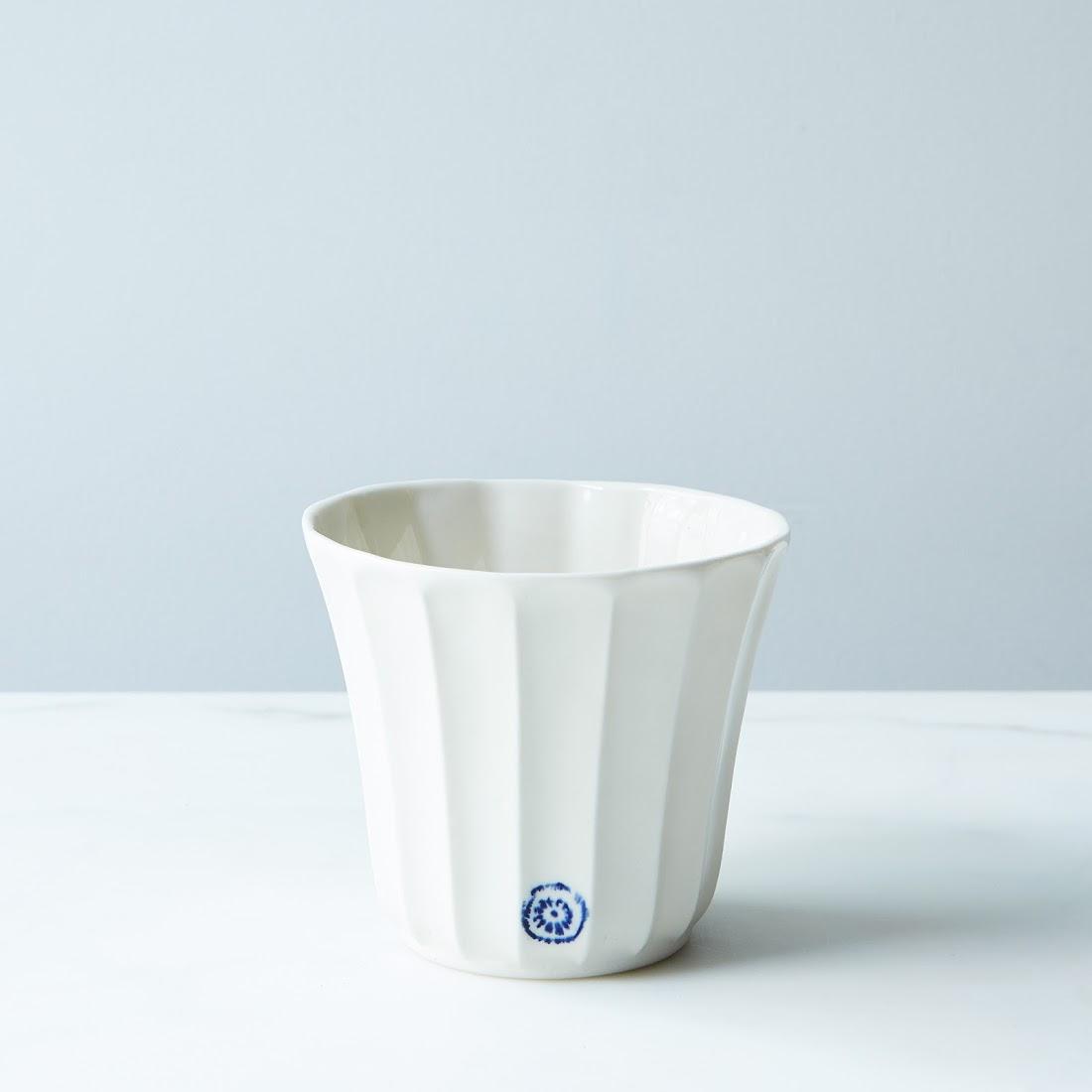
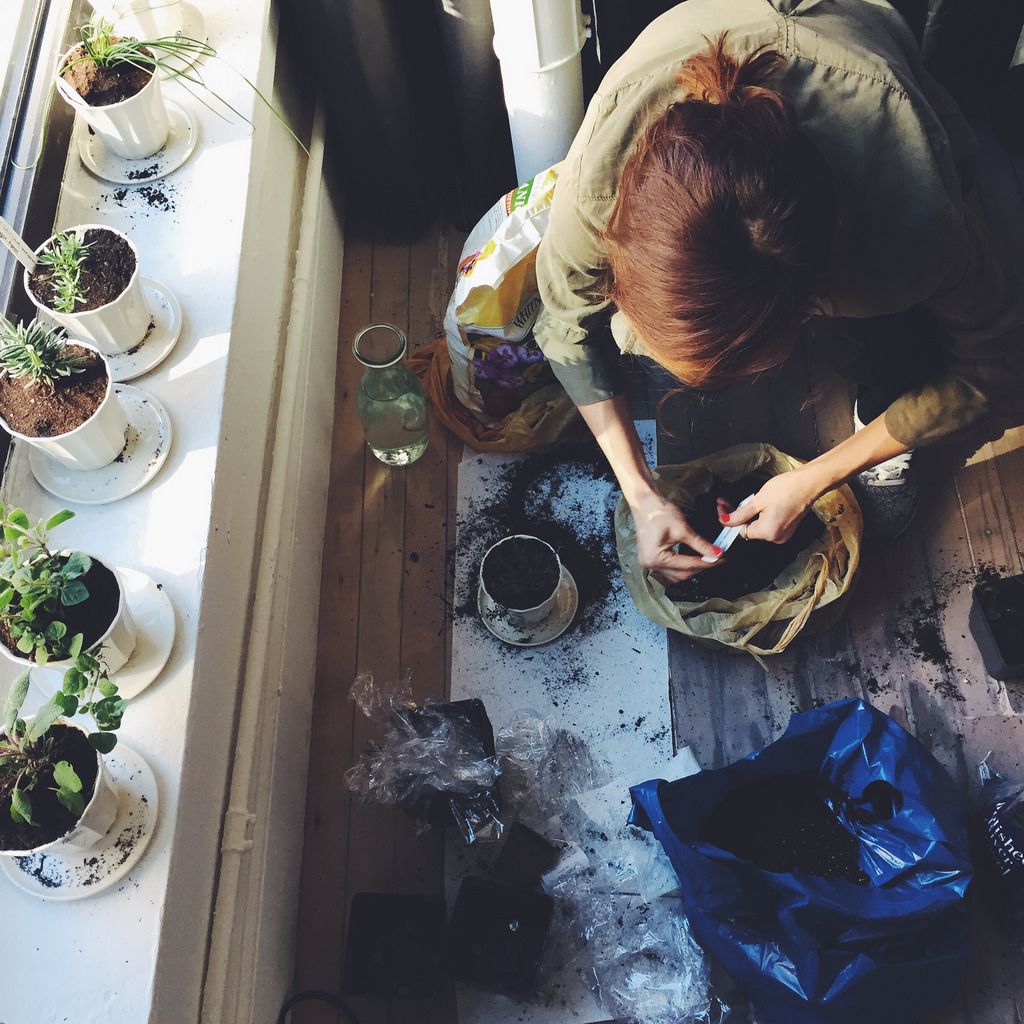
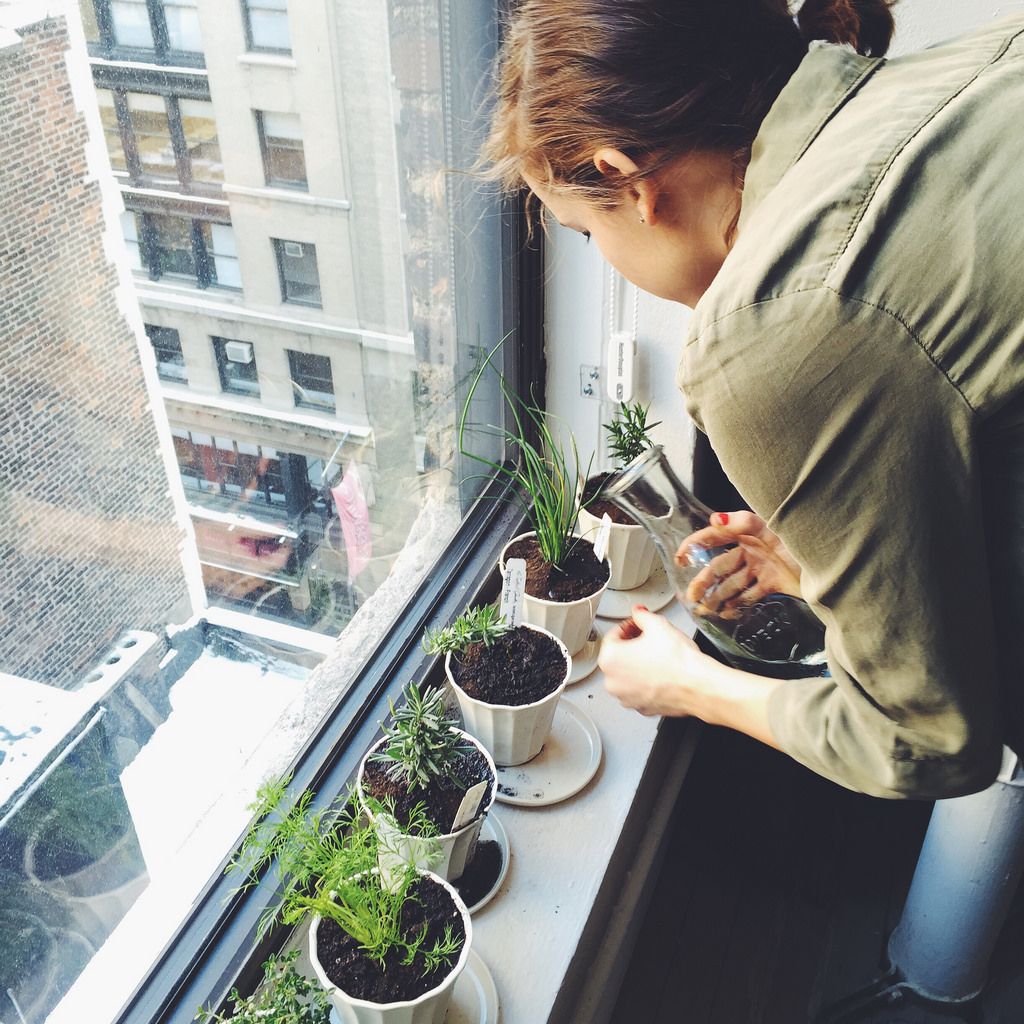
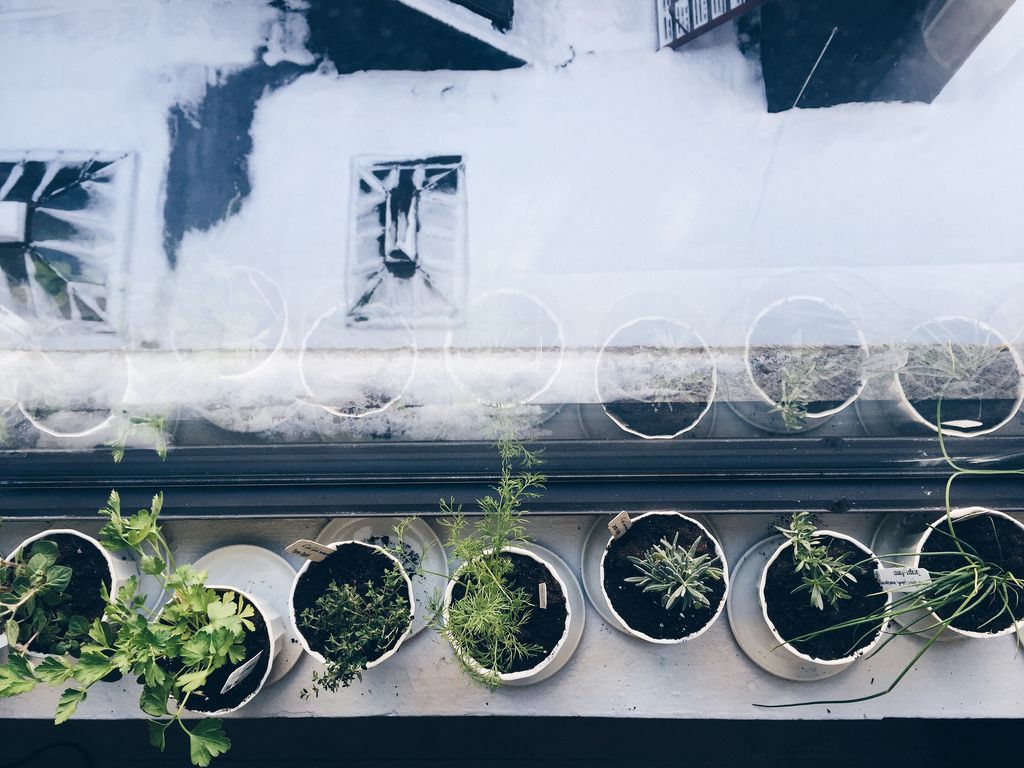

See what other Food52 readers are saying.